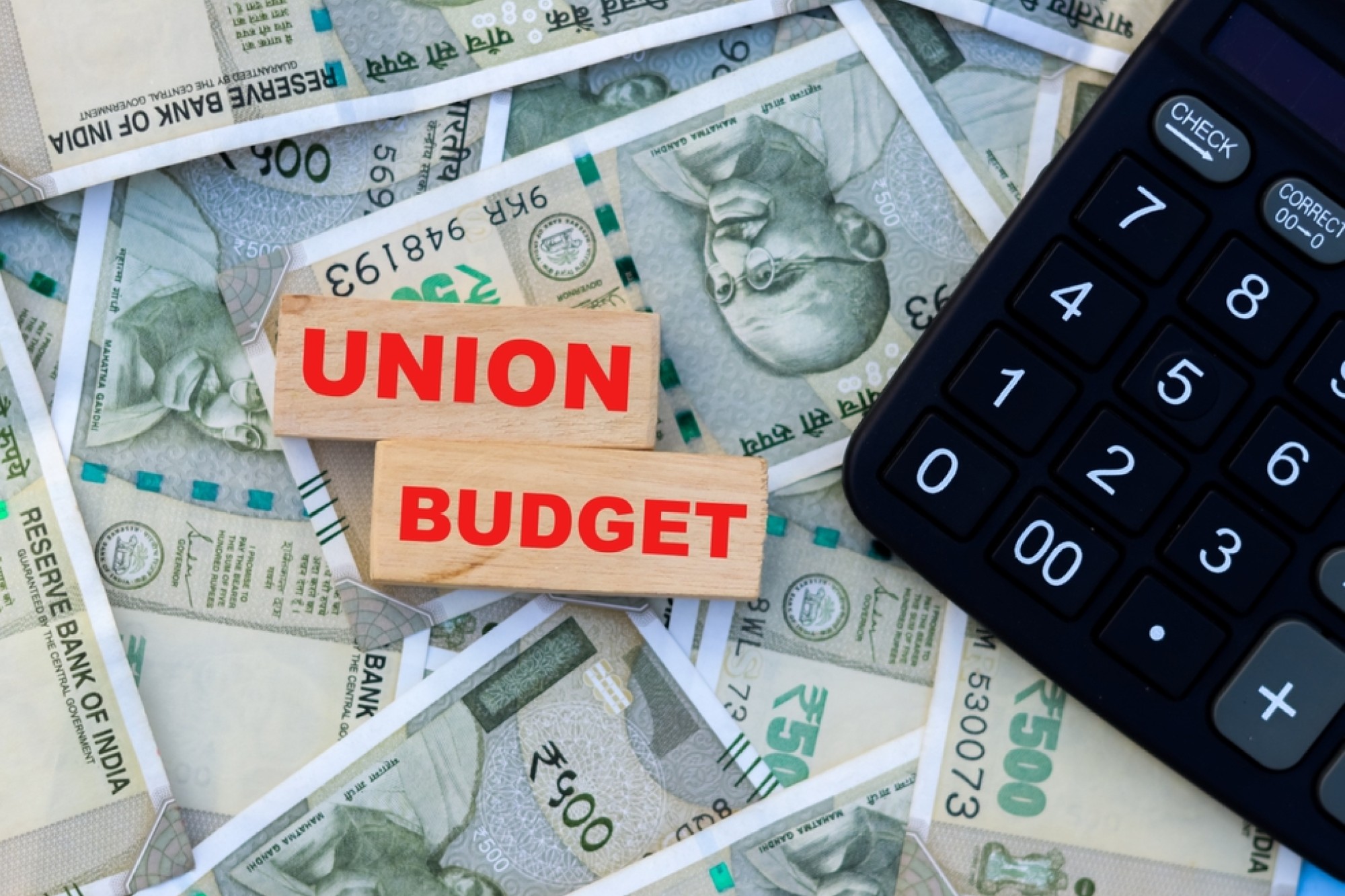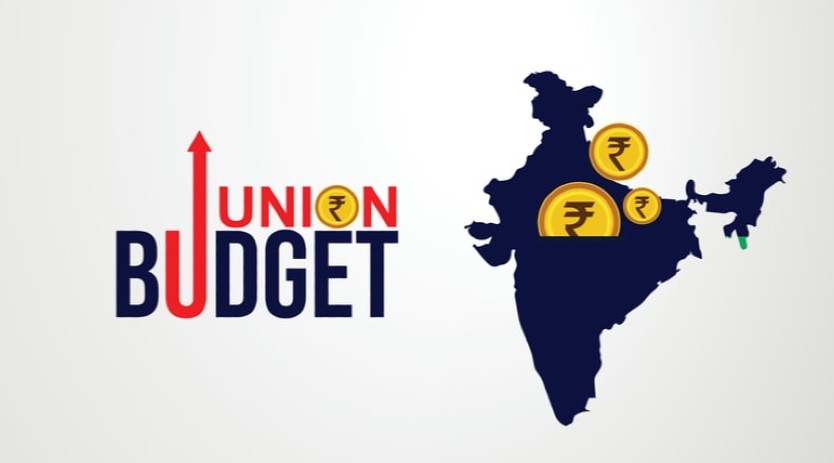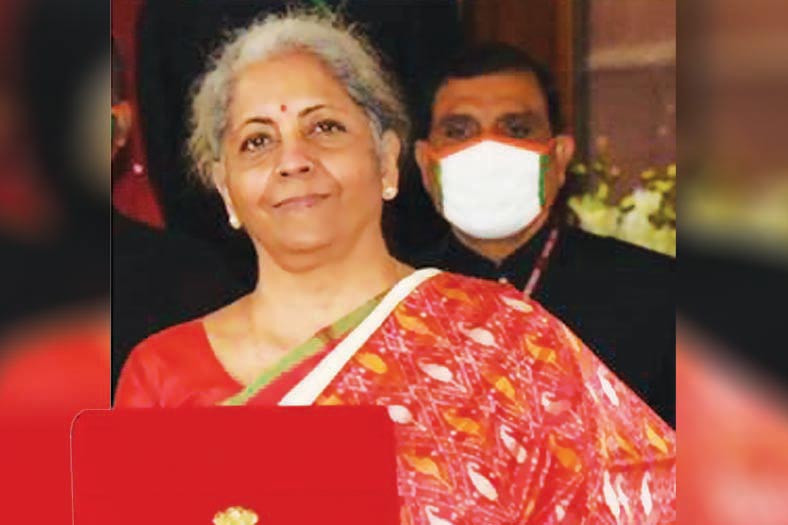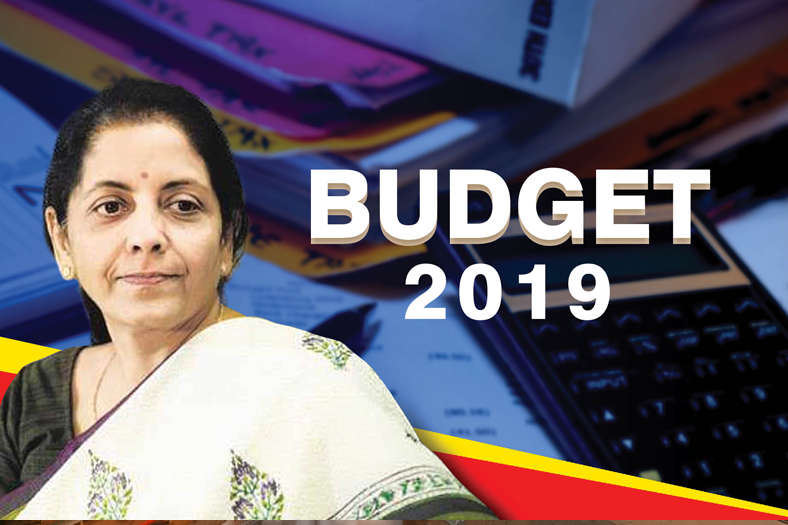Expecting prosperity from the union budget
By OEM Update Editorial June 20, 2024 5:07 pm IST
Anticipation builds as India awaits the Union Budget 2024 presentation by Nirmala Sitharaman by the third week of July, with heavy expectations of renewing the existing policy and introducing incentive-based schemes for the manufacturing sector.
With the commencement of the third term of the Modi-led government, everyone is focused on the upcoming budget announcements, with hopes of the revival of the old incentive-based policies and the introduction of new production-linked incentive (PLI) schemes. The past decade has been a reliable instance for the present government to favour the manufacturing industry. India has attained global prominence in production and has become one of the favourite destinations for foreign investments. The manufacturing sector contributes a considerable sum to the nation’s GDP, and the government aims to leverage this to increase consumption with each passing year.
The Union Budget 2024 is expected to be delivered by the third week of July by Finance Minister Nirmala Sitharaman. The news agency PTI reported that the Finance Minister would be consulting representatives from sectors such as infrastructure, technology, manufacturing, and services in the third week of June, along with finance ministers from states and union territories.
The coalition government has to form a grip over the nation with the budget presentation, as it would be the first wider display of action after the nearly-lost win. The budget is expected to boost the economy while curbing rising inflation. The set goal of a $5 trillion economy by 2047 needs to sow seeds with the budget.
Budget 2024 is expected to restructure income tax in India, reducing taxes for lower income brackets. According to The Indian Express, the government might prioritise tax reductions instead of boosting welfare spending in the upcoming budget announcement in July. Reforming tax slabs will increase economic activity with the increase in spending due to disposable income.
PLI Schemes
PLI schemes attract large investments in the electronic components sector, and continuation of the same to ramp up the process of assembly, testing, and packaging is sought by manufacturers. The PLI scheme’s primary goal is to incentivise domestic production. Continued support by the government will likely lead to an increase in domestic manufacturing capabilities. PLI incentives will likely accelerate the establishment and expansion of EV manufacturing plants in India. This includes vehicle assembly and producing critical components like batteries, motors, and controllers.
Aditya Singh Ratnu, Co-founder and CEO of ZEVO, added, “India’s PLI scheme is designed to attract major global EV manufacturers to set up production facilities in the country. This can lead to technology transfer, skill development, and better integration into the global EV supply chain. Also, with increased local manufacturing, a comprehensive supply chain for EV components can be developed. This includes batteries along with the electronic systems, chassis components, and other essential parts, which will enhance the overall ecosystem.”
“The PLI schemes have successfully attracted over 700 investment applications worth 3.65 lakh crore across sectors so far. However, simplifying the stringent localisation criteria and providing clear guidelines will help us meet requirements more easily,” suggested Ravi Machani, co-founder and investor of Tresa Motors.
Green infrastructure and clean energyAditi Balbir, Co-founder of EcoRatings, expects that the 2024 union budget should prioritise investments in sustainable infrastructure projects and clean energy solutions, as 70% of greenhouse gas emissions stem from energy, industry, and buildings. This will create a future-proof foundation for economic growth and help achieve net zero targets. Infrastructure is crucial to addressing climate change and meeting diverse societal needs. A transformative overhaul of our current and future infrastructure assets is essential.
Globally, 85% of institutional investors incorporate ESG factors into their investment decisions, making ESG investments the emerging norm. The Union Budget has to extend industry recognition programmes to companies excelling in sustainability. This will encourage wider adoption and foster a more responsible business landscape beyond the financial sector.
The budget should introduce financial incentives, such as lower interest rates on loans and dedicated grants, for companies committed to ESG compliance. This will create a clear link between sustainability efforts and economic benefits. Implementing mandatory BRSR (Business Responsibility and Sustainability Report) for all companies will ensure consistent reporting on sustainability initiatives, promoting transparency and accountability.
Construction Sector
The construction sector is a major driver of the economy, and currently, it is going through ‘labour pains’. The shortage of skilled labour is a clear and present danger and it has to be recognised. This demands urgent action. The government and the industry have to collaborate in building a public-private partnership model and establish a supply chain providing skilled labour to the industry. Shantonu Ghosh, Senior Partner, Vector Consulting Group, comments, “Policy creation is needed for starting programmes that target the large labour pool India possesses in sectors like agriculture, where the labour is underpaid and jobless for significant parts of the year. The programmes, with the collaboration of the government and private sector, can create an ecosystem where training institutes can provide tailored upskilling programmes to meet industry standards. This partnership should ensure employment for certified graduates. Spreading awareness about the ease of learning these skills and employability using local leaders, influencers, and print, TV, and social media will generate interest and curiosity to join these institutes. India now needs ‘Construct India’ along with Make-in-India.”
MSMEs
In a memorandum to the PM, Dr Vijay Kalantri, Chairman, of the All India Association of Industries, or AIAI, congratulated Shri Narendra Modi on becoming India’s Prime Minister for the 3rd time and expressed hope that reforms in various sectors will continue or even pick up speed to empower all segments of the business class, especially MSME and agriculture sectors. AIAI urges the government to promote research and development and investment in the agriculture sector to enhance productivity, diversify cropping patterns, and increase farm productivity. Dr Kalantri thinks that the rural economy requires substantial support by reforming the MSP system, increasing investment in agriculture, post-harvest infrastructure, skill development, food processing parks, rural roads, and power connectivity. These measures will increase employment opportunities in rural areas and stimulate growth in rural wages.
MSMEs operate on a thin margin and are unable to compete at a global level. Dr. Kalantri adds, “The new government may continue with its reform agenda, especially in areas such as labour laws, environmental clearances, single window clearance, and investment aftercare, to improve the attractiveness of investing in the country. Also, there is a requirement for continuation in public investment for infrastructure, ports, railway and road connectivity, and industrial corridors to reduce logistics costs. In the next 5 years, the government also needs to work out ways and means to reduce import dependence for energy and expedite the passage of pending bills such as the Insurance Amendment Bill, the National Financial Information Registry Bill, the Insolvency and Bankruptcy Code Amendment Bill, the Drugs, Medical Devices, and Cosmetics Bill, and so on.”
Cookie Consent
We use cookies to personalize your experience. By continuing to visit this website you agree to our Terms & Conditions, Privacy Policy and Cookie Policy.


















